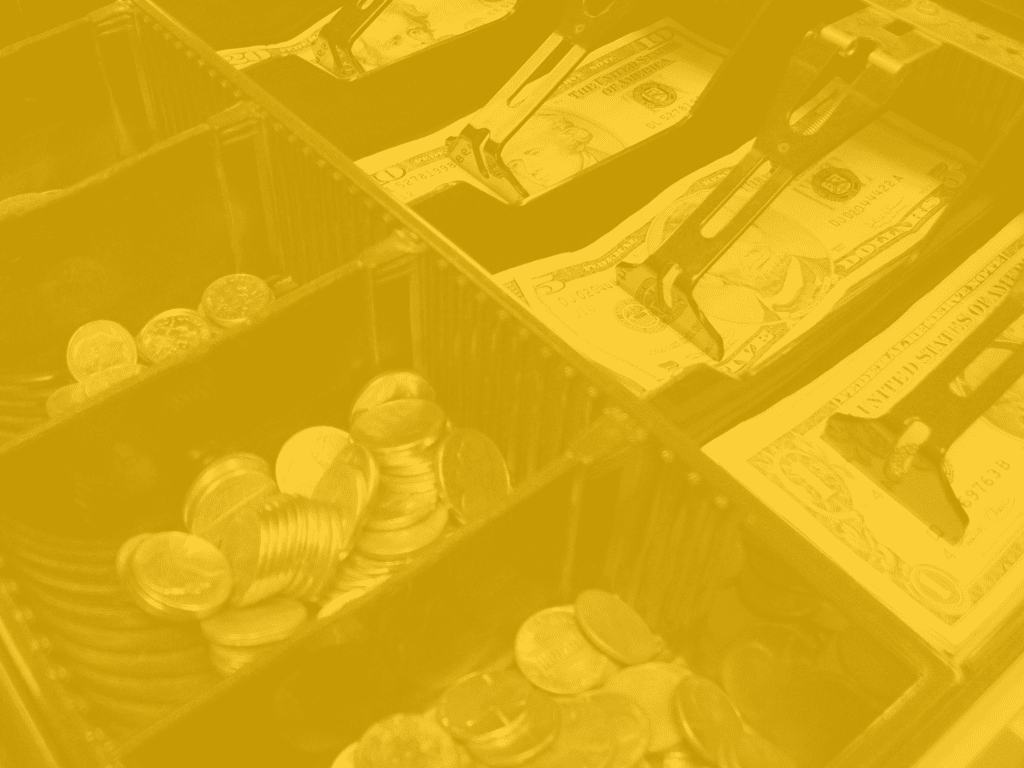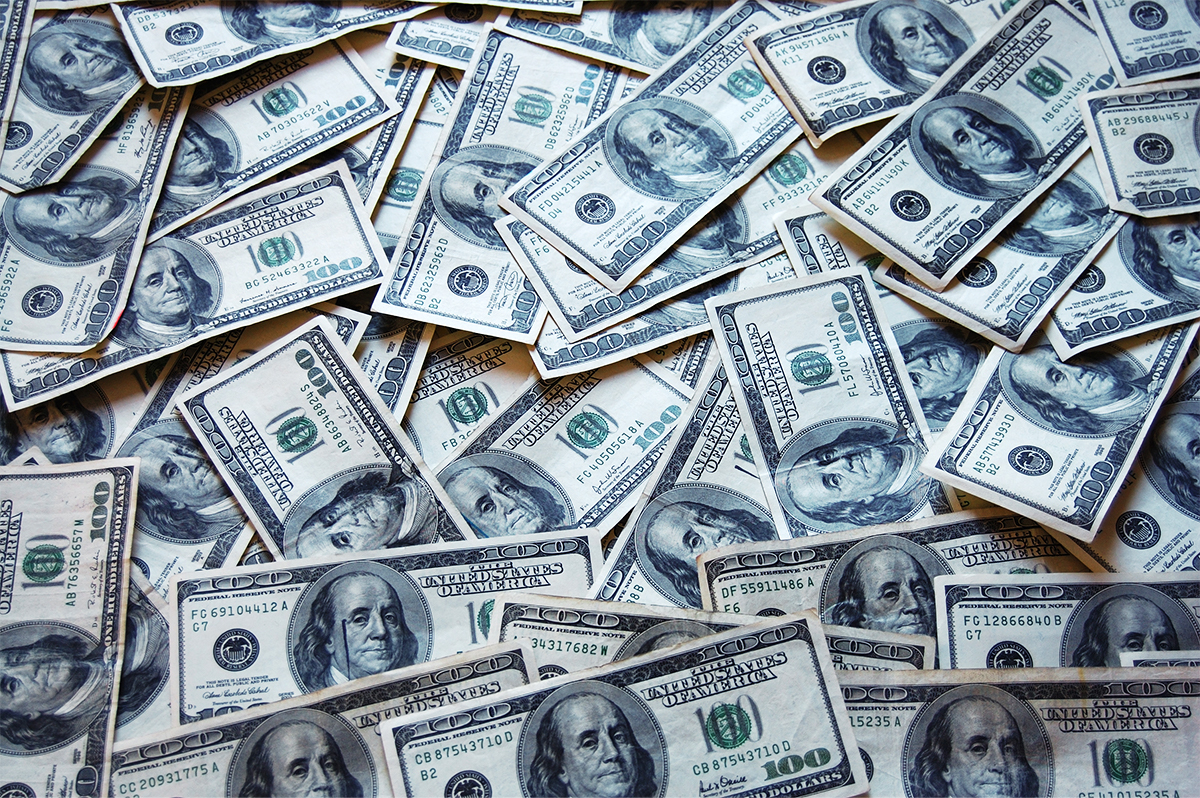@MemeFan, you've bought all the propaganda behind "you'll own nothing and be happy", and don't realise you've been had.
Nope, I didn't. Quting myself from this thread:
Buy a business, not a house. And nit appreciating assets, but rising real cash flow assets.
I'm not against ownership. Question is ownership of what? Central message of Rich Dad, Poor Dad by Kiyosaki is to buy income producing income, not income consuming assets.
What is income? You are only thinking in terms of something that brings money into your bank account. You are not thinking of things that stop you spending money. A house delivers a major income, in the form of providing you with somewhere to live. If you didn't own a home, you'd be paying rent. What does it cost to rent a house where you live? That is the "income" your house is providing you every single week - at least, once the mortgage is paid off.
Because having house doesn't mean no having costs. Like house will mantain itself and nothing will never break. This costs are eating income.
And income is almost money in. Not having to pay isn't "income", it's cost saving.
While you're paying the mortgage, you're paying a similar amount to renting, and then once the mortgage is paid off you don't have to spend this money any more and the house is a pure "income" source.
Sure there are costs, like taxes, but the exact same costs apply to rented properties too, and you pay them also - the landlord just charges you extra to cover those also. So the costs of a home are irrelevant, as you have to pay them regardless of if you rent or own.
You have to pay regardless. Only question is what is better.
Of course, this all makes far more sense if you stop thinking about income / expenditure in terms of money, and start thinking about it in terms of tangible things. Money is an illusion, it's just a means of exchange. I don't need money - I need shelter, food, clothing etc. Any asset that gives me shelter, food, clothing etc is valuable. Whether it directly gives me shelter (a house), or food (e.g. a garden, a cow), or whether it earns money to let me buy those things, it's still earning me value. You are ignoring everything where that value does not come in the form of money.
Money is real, just like love, honor, pride, bravery. None are tangible and something you can touch. But they still exist.
I'm not ignoring love and happiness, just topic is housing.
This is how the powers that be want you to think, because they do not want you to have real wealth that you control, only fake money that they control.
I haven't fallencfor their pschops. Instead I have to explain because nobody else has bothered to learn freely available course how big business work. I already told you, I'm not preaching something unknown. Nope, just basics of corporate finance (taught in any MBA school)
Also consider tax
@MemeFan. Every dollar you "earn" through reduced expenditure (e.g. housing from a house you own, food from your own garden you don't have to buy)
is tax free. Tax only applies to things that involve money. Renting a house costs you not only the direct price of the house, but you also have to earn that money, and pay tax on it - so add maybe 30% income tax on top of the rental price to get a better idea of what it actually costs. Buying other things means earning money to pay not only income tax (again let's say 30%) but also VAT (20% in much of Europe, 15% here). So you actually need to earn about 150% as much money as the thing is worth in order to buy it. Plus to earn that money you have to pay for transport to the job, clothing suitable for the job, will probably spend more money eating out when you didn't pack a lunch, childcare in some cases - all sorts of additional costs that add up enormously. Put all this together and you may find you have to earn 200% of the value of the thing or rent just in order to pay for it.
Look, this tax story is story about double/triple/quadruple etc taxation. Evil.
And don't hsve to involve money. Tax can be in nature, 500 kg of sheep meat.
And taxes can be on things you own. Here, intro to tax types:
Discover the three basic tax types—taxes on what you earn, taxes on what you buy, and taxes on what you own. Learn more.

taxfoundation.org
That's why all the elite advisors tell you you're better to rent. Because the elite class makes their riches off tricking you into thinking this is how you can get wealthy, and getting you really busy making money that gets bled in their direction with everything you do.
While your house would just give you a place to live without any of this additional expense.
Nope, ruling class is teaching you your "common wisdom" in order for you to help them get rich. Have you ever asked yourself why bankster allow you to do accelerated debt payment?
Because more you pay $, the more $ they have to lend. And if reserve ratio is 1:10, if you pay 100$ to bank, bank can now lend 1000$ earning sweet interest.
And if you truly wants to screw banksters, learn concept of infinite banking.



